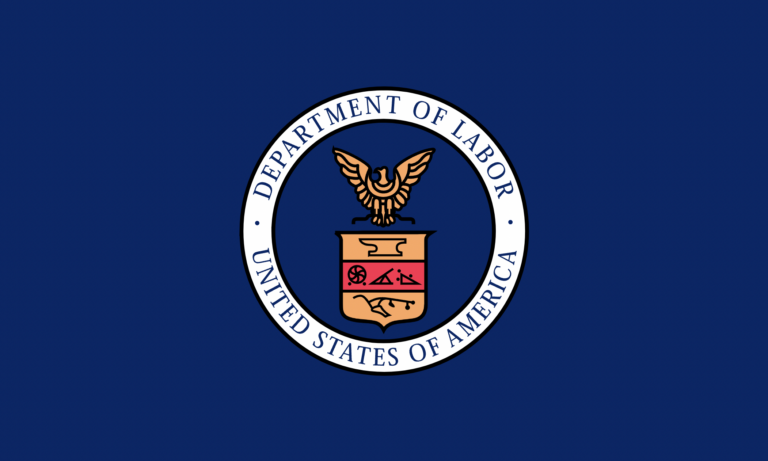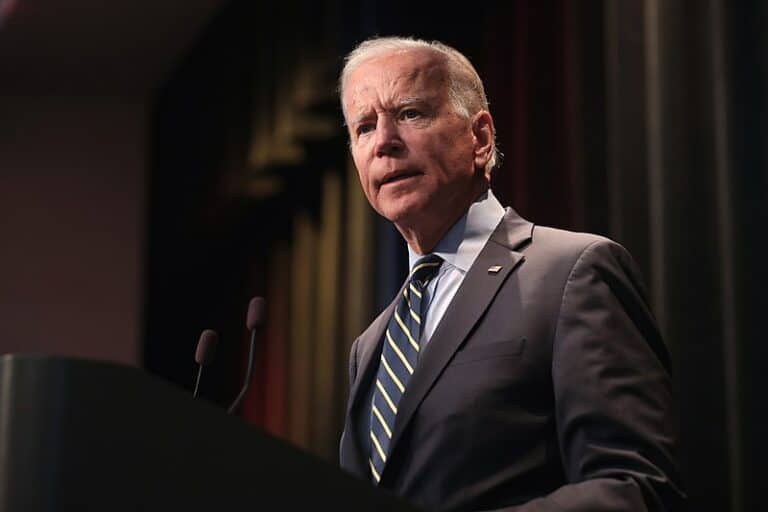
Benjamin Sachs is the Kestnbaum Professor of Labor and Industry at Harvard Law School and a leading expert in the field of labor law and labor relations. He is also faculty director of the Center for Labor and a Just Economy. Professor Sachs teaches courses in labor law, employment law, and law and social change, and his writing focuses on union organizing and unions in American politics. Prior to joining the Harvard faculty in 2008, Professor Sachs was the Joseph Goldstein Fellow at Yale Law School. From 2002-2006, he served as Assistant General Counsel of the Service Employees International Union (SEIU) in Washington, D.C. Professor Sachs graduated from Yale Law School in 1998, and served as a judicial law clerk to the Honorable Stephen Reinhardt of the United States Court of Appeals for the Ninth Circuit. His writing has appeared in the Harvard Law Review, the Yale Law Journal, the Columbia Law Review, the New York Times and elsewhere. Professor Sachs received the Yale Law School teaching award in 2007 and in 2013 received the Sacks-Freund Award for Teaching Excellence at Harvard Law School. He can be reached at [email protected].
The Department of Labor announced today that it has withdrawn two memos (so-called Administrator’s Interpretations, or AIs) issued by David Weil’s Wage and Hour Division in 2015 and 2106. The first AI concerned the definition of employment under the Fair Labor Standards Act and helpfully clarified existing law regarding the distinction between employees and independent contractors. The second AI dealt with the related question of how to determine joint employment relationships under the Fair Labor Standards Act and the Migrant and Seasonal Worker Protection Act. We analyzed (and lauded) the first AI here and the second one here. The DOL appears to have removed the AI’s from their website; they’ll remain available here and here.
Two points. First, the AIs interpret existing law – they don’t make new law – and so the DOL’s action today doesn’t formally change anything. Second, removing the Weil memos does, however, signal the direction that this Department of Labor intends to head. For one thing, it indicates that Acosta’s DOL may refuse to interpret broadly the definitions of employment and joint employment under statutes that are meant to be read broadly. For another thing, it indicates a backtracking on the Department’s efforts to provide compliance assistance in two critical, and complicated, areas of employment law.










Daily News & Commentary
Start your day with our roundup of the latest labor developments. See all
April 18
Disneyland performers file petition for unionization and union elections begin at Volkswagen plant in Tennessee.
April 18
In today’s Tech@Work, a regulation-of-algorithms-in-hiring blitz: Mass. AG issues advisory clarifying how state laws apply to AI decisionmaking tools; and British union TUC launches campaign for new law to regulate the use of AI at work.
April 17
Southern governors oppose UAW organizing in their states; Florida bans local heat protections for workers; Google employees occupy company offices to protest contracts with the Israeli government
April 16
EEOC publishes final regulation implementing the Pregnant Workers Fairness Act, Volkswagen workers in Tennessee gear up for a union election, and the First Circuit revives the Whole Foods case over BLM masks.
April 15
The Supreme Court ruled in favor of bakery delivery drivers in an exemption from mandatory arbitration case; A Teamsters Local ends its 18-month strike by accepting settlement payments and agreeing to dissolve
April 14
SAG-AFTRA wins AI protections; DeSantis signs Florida bill preempting local employment regulation; NLRB judge says Whole Foods subpoenas violate federal labor law.